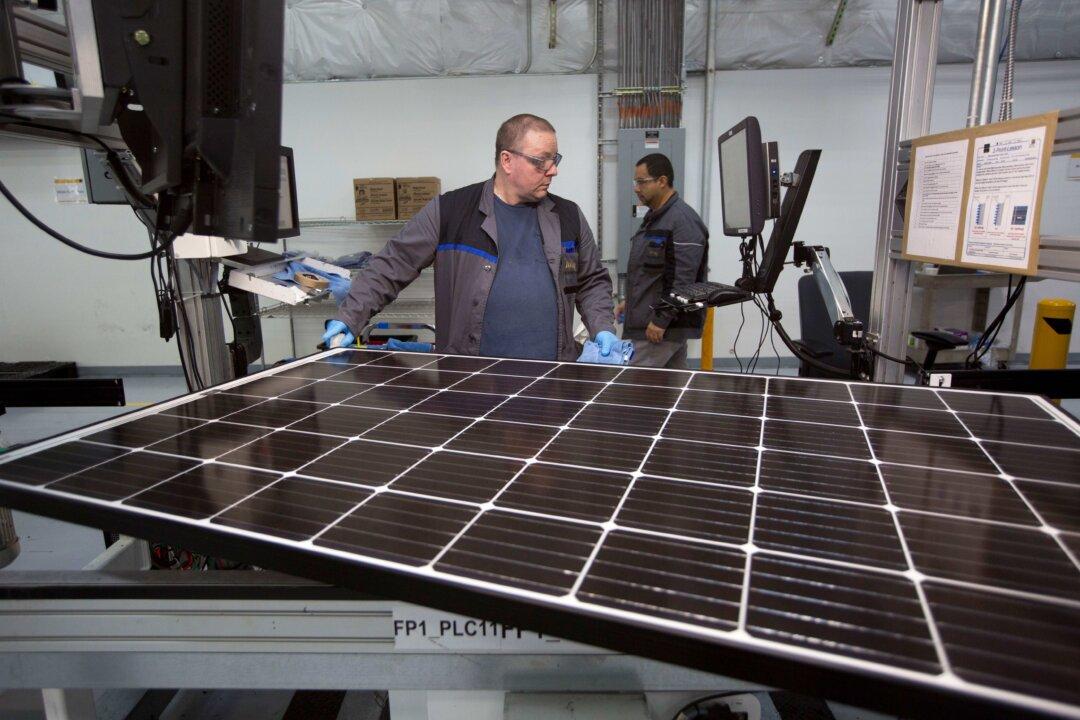WASHINGTON/LOS ANGELES–U.S. President Donald Trump slapped steep tariffs on imported washing machines and solar panels on Monday, giving a boost to Whirlpool Corp and domestic solar panel producers in the first of several potential trade restrictions.
The decisions in the two “Section 201” safeguard cases followed findings by the U.S. International Trade Commission that both imported products “are a substantial cause of serious injury to domestic manufacturers,” U.S. Trade Representative Robert Lighthizer said in a statement.





